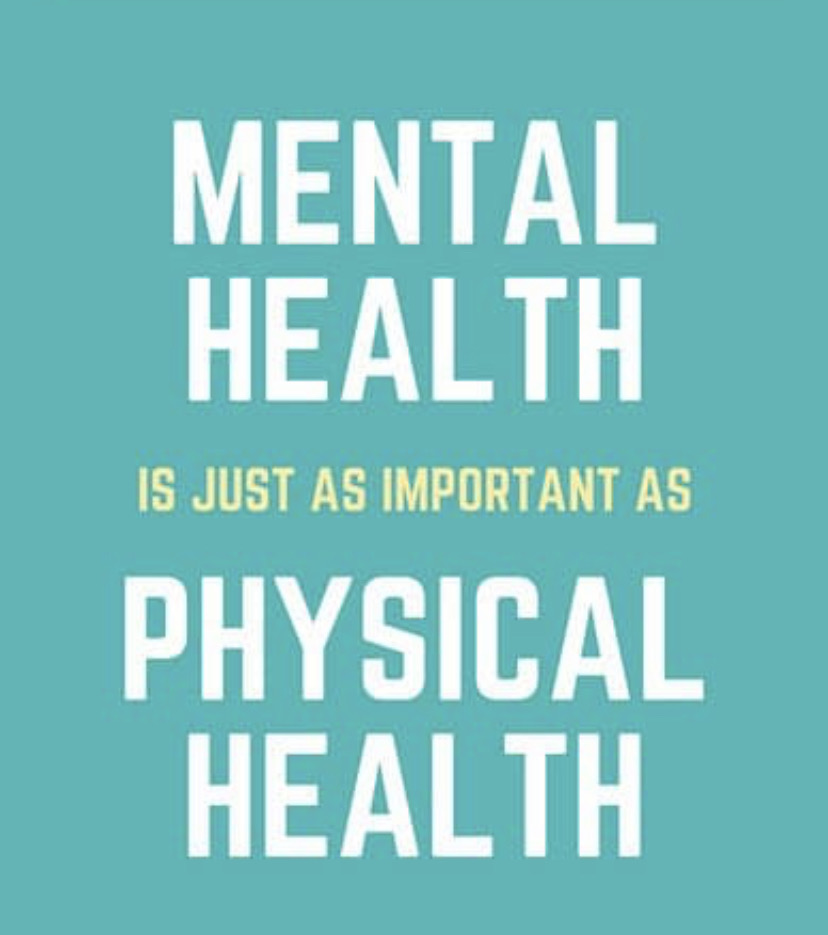If you found out that you or your child was diabetic or had cancer, you would drop everything you were doing to educate yourself and immediately get treatment. There would not be a moment’s hesitation of what needed to be done. Certainly, you may ask the doctor what needed to be done to get healthy and you’d immediately dive straight in. You’d change diets, start chemotherapy, etc. But why is it that when someone is diagnosed with something like say, anxiety or depression, it’s brushed off like it’s not as important as a physical health diagnosis? It’s emotional health awareness month. Let’s do something about this.
Let’s break it down: A mental health diagnosis can be just as biological as finding out you have Chron disease or asthma. If the doctor told you had that you wouldn’t continue to eat what you were eating for fear that it would continue to inflame your intestines. Or if you were diagnosed with asthma you wouldn’t say “thanks” to the doctor and laugh your way out of the office without requesting an inhaler. We need to treat a mental health diagnosis just like we would any other diagnosis. Unlike some chronic illnesses, you can get help to live a better life with a mental health diagnosis. It only happens though, if you take the diagnosis and recommended care seriously.
If you just learned that you were diagnosed with multiple-sclerosis, you would be like Selma Blair and immediately undergo an experimental stem-cell treatment. You wouldn’t bat an eye at doing what needed to be done. If you found out you had heart disease you would drop everything. You might quit your stressful job, take up exercising regularly, stop smoking and drinking, and completely flip your diet. You wouldn’t casually shrug off learning you had heart disease. You’d immediately change everything. But why is it in hearing that you have a mood disorder you pretend it’s not true?
Let’s be real folks, a mental health diagnosis isn’t a bad cold. You can’t just hope it’ll go away and ride it out “naturally.” Hoping it goes away is like saying “I’m going to cross my fingers my cancer just disappears” without doing any type of drastic change or undergoing treatment. Hope without action is hopeless. Seriously. We need to rally behind folks who are diagnosed with a mental illness. In this situation, we need to treat the mind and body equally. We need to prioritize mental health. For real this time.
For more information, check out my post on Lilley Consulting Facebook page.
For anyone looking for additional resources around mental health, substance abuse, college transition coaching, or parent resources you can find them on: https://www.lilley-consulting.com/ or follow @lilleyconsulting, or https://www.facebook.com/LilleyConsultingLLC/.


